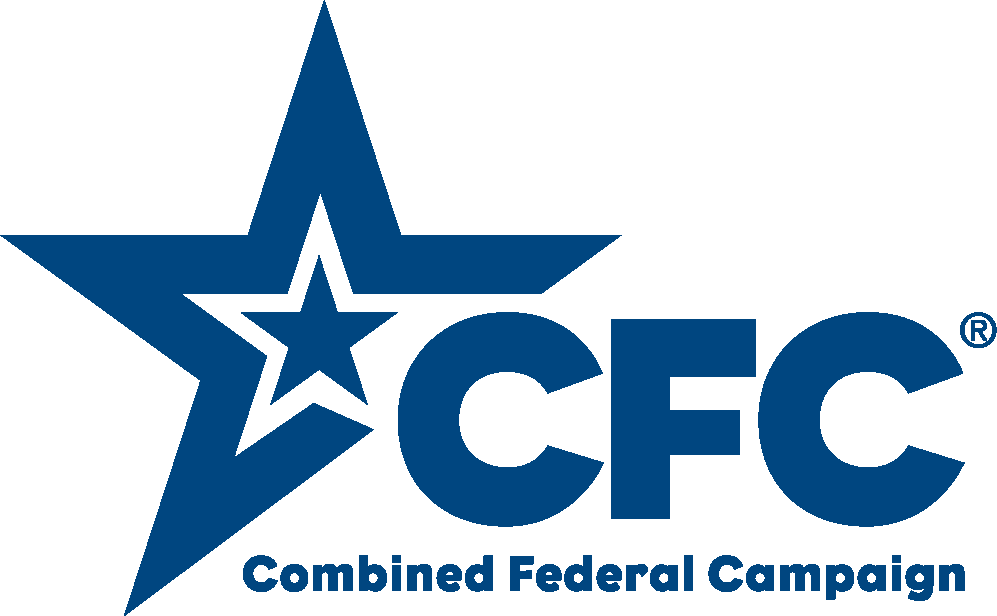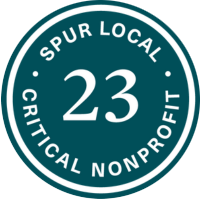
See below for JUFJ’s testimony in opposition to the Montgomery County “Crisis Intervention Team” bill. JUFJ volunteer leader Marilyn Kresky-Wolff delivered this testimony to the Montgomery County Council.
My name is Marilyn Kresky-Wolff. I am a resident of Potomac, in District 1, and formerly: the director of Everymind’s Adult Homeless Mental Health Services, the past ED of NAMI of Baltimore, the co-founder of a pioneering residential program for people in psychiatric crisis in DC, and the Founding Executive Director of Open Arms Housing, the first program in DC to house chronically homeless women using a Housing First approach.
I am testifying on behalf of Jews United for Justice in opposition to Bill 43-23, which would significantly modify mental health crisis response in Montgomery County.
Jewish tradition teaches that every person is created in the divine image. Rabbi Jill Jacobs writes: “If human pain directly causes an injury to God, then the death of a human being—especially someone innocent of any crime—even more greatly diminishes the divine image.” We mourn the lives of Robert White, Finan Berhe, and Kevin Costlow — three residents of our county whose lives were cut short due to police response to mental health crisis. JUFJ supports a long-overdue behavioral health-driven model to mobile crisis response, with mental health response teams comprised of mental health practitioners and peer support specialists.
Several years ago, MoCo announced its intent to adopt the CAHOOTS model of Eugene, Oregon, that uses a mental health clinician paired with a peer support specialist, and often an EMT to respond to a mental health crisis. This model limits the burden on clinicians and law enforcement alike. Eugene police have been called in only 10% of situations, when mental health professionals and peer support specialists deem it necessary.
As our County has slowly worked to change our response to mental health crises to follow the lead of the rest of Maryland, JUFJ and our partners aspire to achieve the results of Eugene, Oregon. But concerningly, we continue to see local and national concerns about deaths and harm caused to people of color during encounters with police. Nationally, one in every ten instances of all law enforcement responses and a quarter of police shootings involve a person with an untreated mental illness.
Bill 43-23 would establish a co-response by police and a mental health worker for every such incident, based on a very different mode which goes against our firm belief that police are not trained to respond to mental health crises. As a veteran of these encounters, I have confidence in the model of Eugene, Oregon, and the extent to which it involves law enforcement in situations which mental health professionals are unable to respond to alone. But the Anne Arundel model on which bill 43-23 is based would put police — who are not experts on de-escalation of mental health crises — as the default response to crises they are unequipped to handle.
A fully funded Mobile Crisis Outreach Team (MCOT) approach with clinician and peers can be successful: I have seen the successes of our neighbors at the non-profit Baltimore Crisis Response, who use a mental health approach, with a memorandum of understanding with the police to guide incidents when co-response is needed. The DC government employs mental health clinicians and peer support specialists who travel to the site of a crisis and quickly call for police assistance when needed.
JUFJ also supports our partners in the Silver Spring Justice Coalition in calling for:
- Growth of the current MCOT model to serve in all six of Montgomery County’s police district
- Representation of impacted communities in advisory and oversight groups, and countywide informational campaign on how to access the Mental Health Team practitioners
- Reallocation of cost savings from police department to fully fund this program at a 24/7 level
- Transparency in public access to MH and Police data
On behalf of JUFJ, I urge you to embrace strengthening the current MCOT program rather than adopting the harmful Anne Arundel model.





